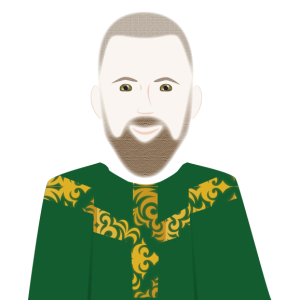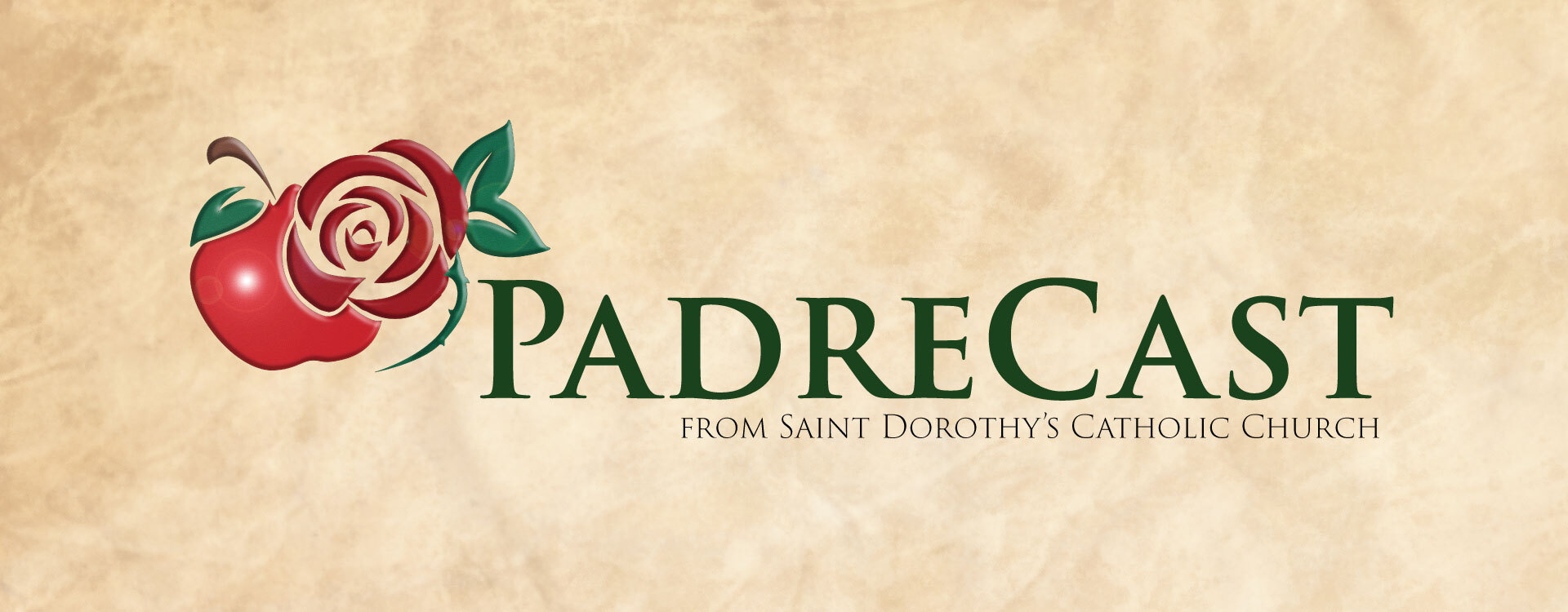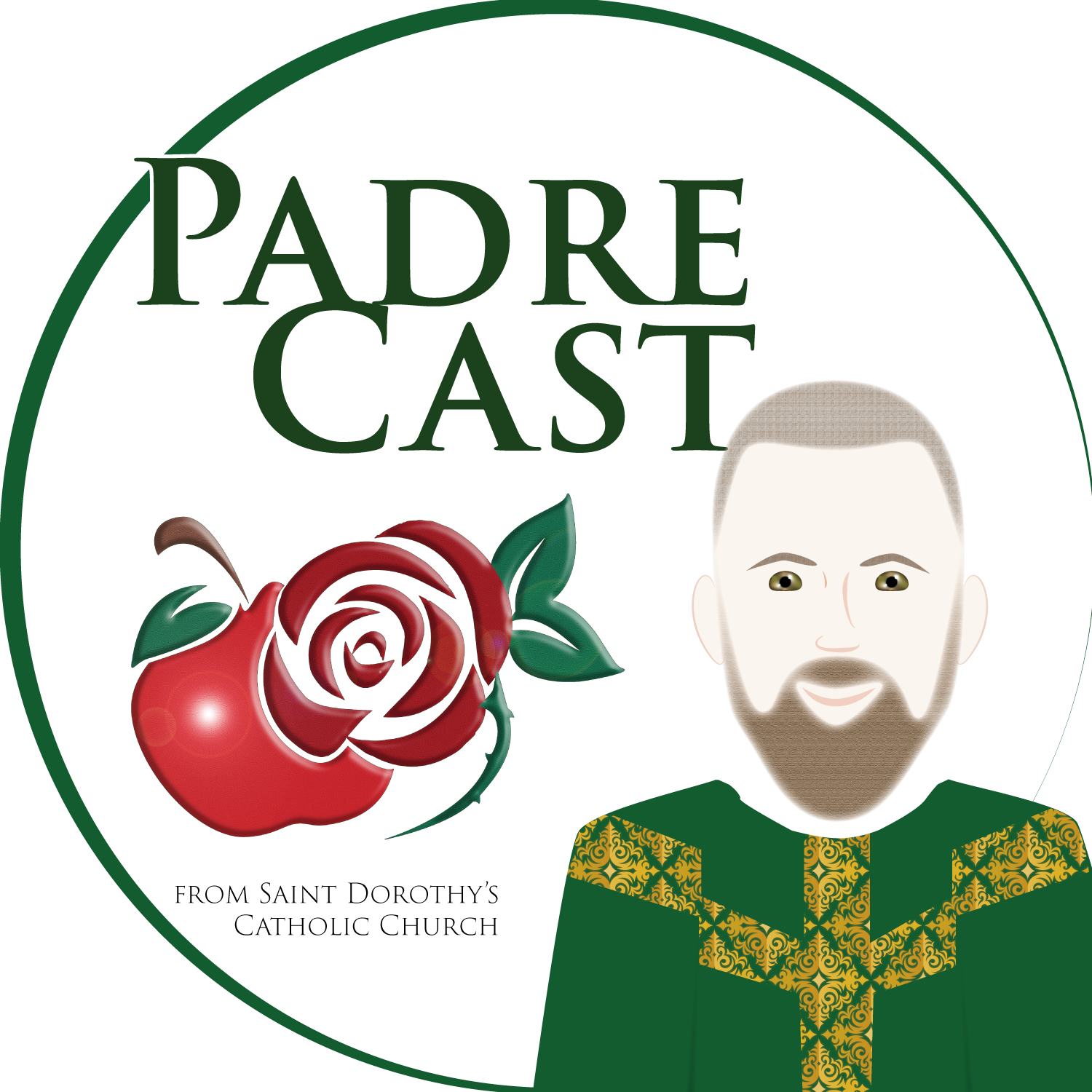Episodes

Sunday Jul 10, 2022
Sunday Jul 10, 2022
The reason the Church set up the Saints, or I should say, Christ sets up the Saints is to be an example to us. Not only to intercede for us, but also to be an example of how to turn to the Lord, how to grow in holiness. We see this in the majority of the lives of the Saints, especially when we know their history. We see that they may have lived sinful lives, but then they convert, they repent, and they grow in holiness.
In our first reading, Moses, obviously speaking under the inspiration of the Holy Spirit, is telling the people to heed the voice of God, and to keep all of His commandments and statutes. "If you do this, you'll be blessed."
So, all you have to do is obey all God's commandments and all will go well for you. Well, we have a problem relating to that because we struggle and we fail. But again, the Church sets up Saints as - See? They learned to do it, you can too.
One of the most famous "sinner turned saint" is of course Augustine. He was a really wild guy, lived a very pagan and sinful life, but he has this big conversion, he turns to the Lord, and now he's this amazing Saint. He clearly learned to be virtuous, and grew in holiness by the grace Christ in his efforts. This is the typical example we see from the saints.
But it's not exactly who Saint Mark Ji Tianxiang was. What you may not know about him is: he struggled with addiction. His whole life. He was addicted to opium for most of his life and he never was able to break this addiction to the day he died. And yet he's still a saint, he still gave his life for Christ.
During the last thirty years of his life, his local priest refused to give him sacraments. The priest was convinced that he just wasn't working hard enough, wasn't repenting sufficiently enough to get over his addiction. So for his last thirty years he couldn't go to confession. He couldn't receive communion. He couldn't be anointed. Absolutely no sacraments. He had to go to Mass every Sunday never receiving the Eucharist, until the day he died.
Now, I was pleasantly surprised by the life of this saint, because I recognize in him a great hope. Not only for all of us sinners who struggle, but especially for addicts. . . .
Here we have a saint of the Church, canonized in our day and age, who never got over his addiction while he was alive.
The Church's teaching on and understanding of addiction has improved over the last century. Addiction, by its very definition, is enslavement of the will. Meaning you don't actually have the ability to refuse the impulse.
If he were struggling in this day with that type of addiction, a pastor, following the Church's current knowledge and understanding, would probably let him go to communion as long as he was continuing to fight the addiction. Even if he failed over and over again.
The addiction itself is a type of enslavement, forcing their will. Sometimes, they may go along with it, sometimes, they may resist, but in the end, more often than not, they can't refuse it. They're not strong enough.
The idea is if you just repent well enough, and work hard enough, your will will grow and you'll be able to overcome it. That is not always the case. We clearly see that in the life of Saint Mark Ji Tianxiang.
We don't know why God allows certain people to remain in a certain sin. But Saint Bernard of Clairvaux's belief and teaching is that God allows it for the sake of the virtue of humility, because humility is the most important virtue anyone can possess.
Failing, especially in sin, is always used by God to help us grow in that important virtue. And the response to sin, of course, is repentance.
Dt 30:10-14; Ps 69:14, 17, 30-31, 33-34, 36, 37; Col 1:15-20; Lk 10:25-37
You may watch the Mass in its entirety on our YouTube channel. Homily begins at 19:10
Version: 20241125


No comments yet. Be the first to say something!